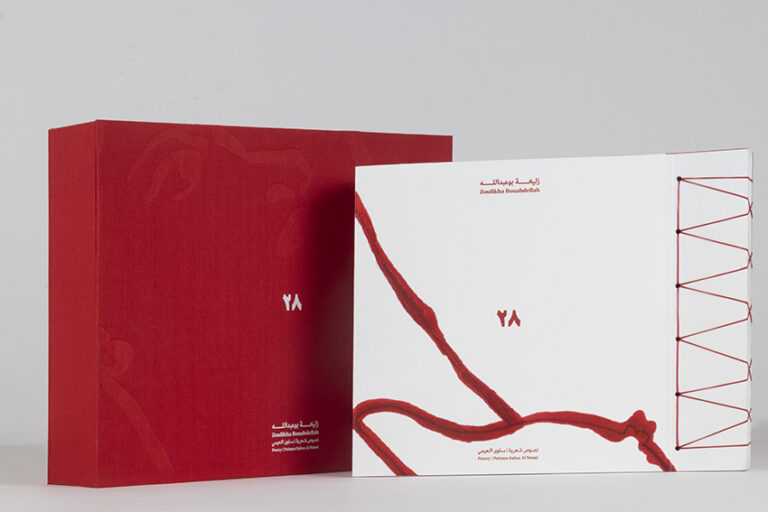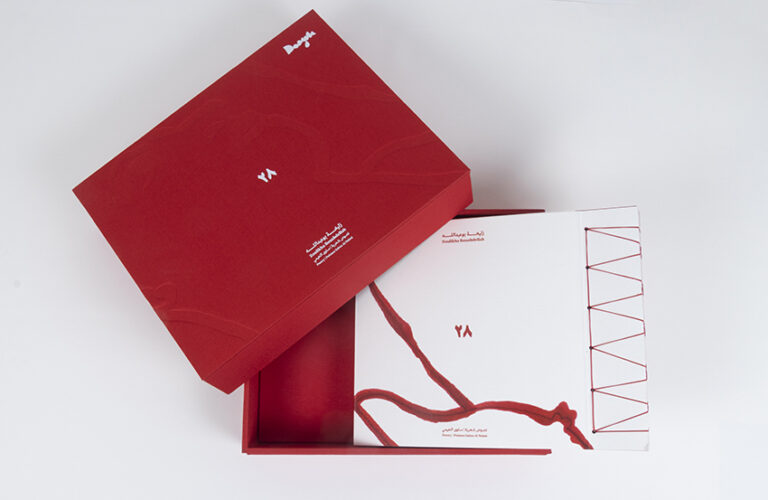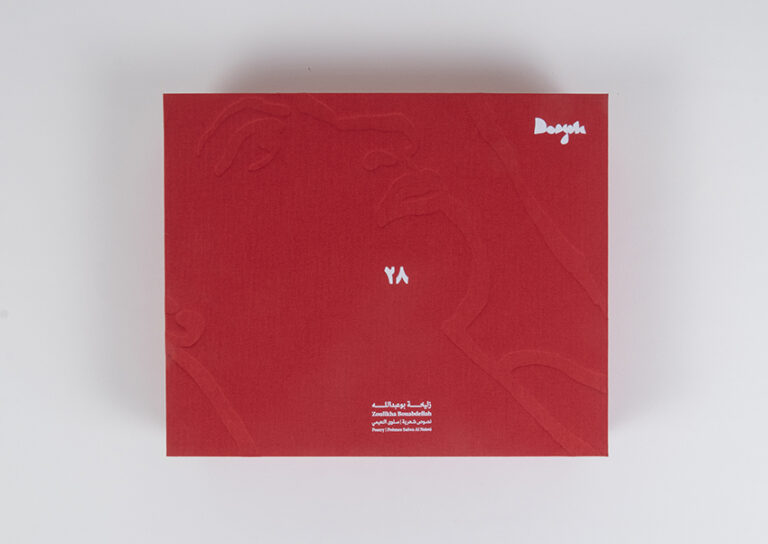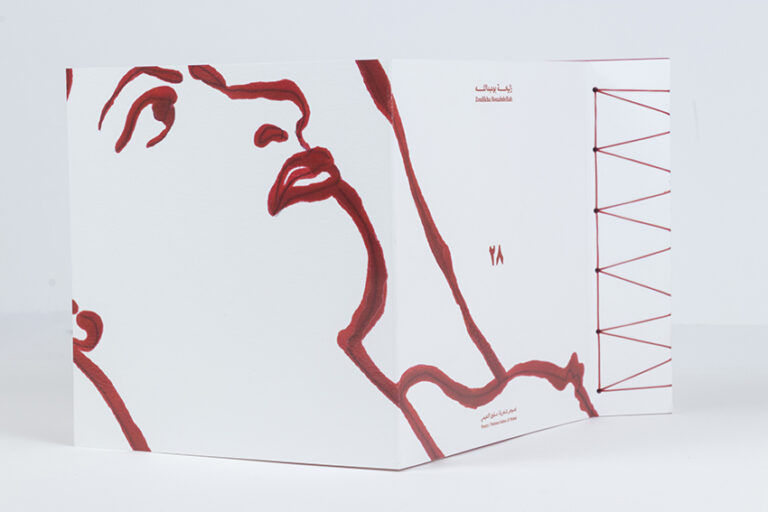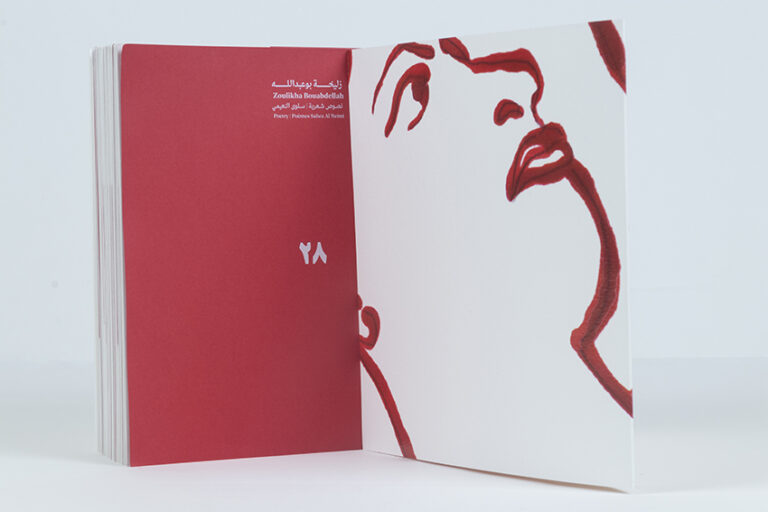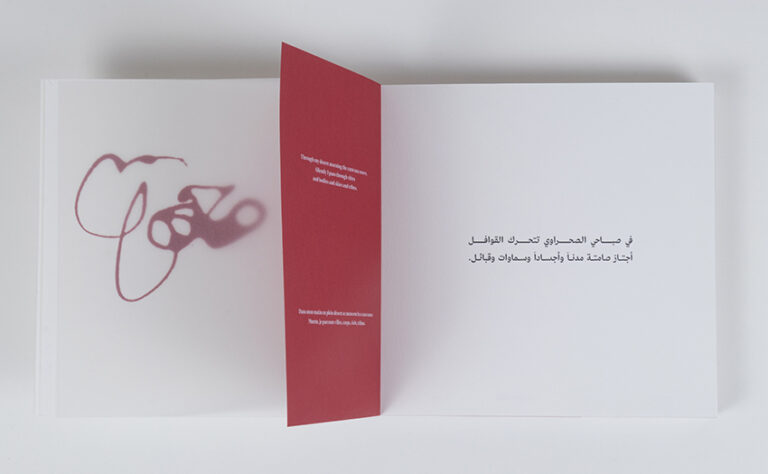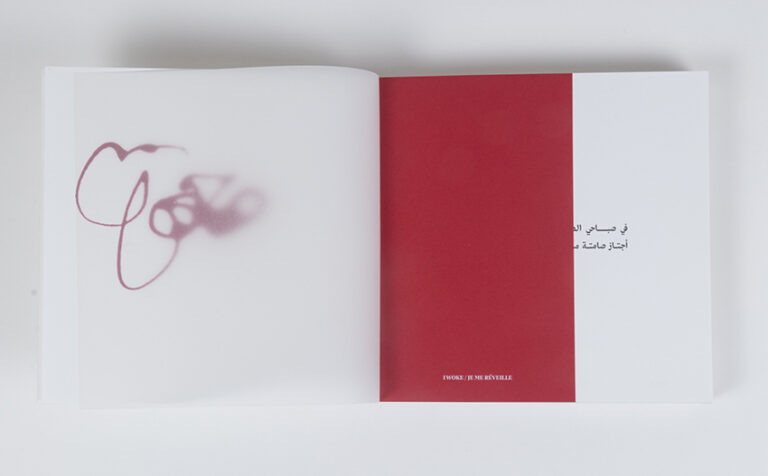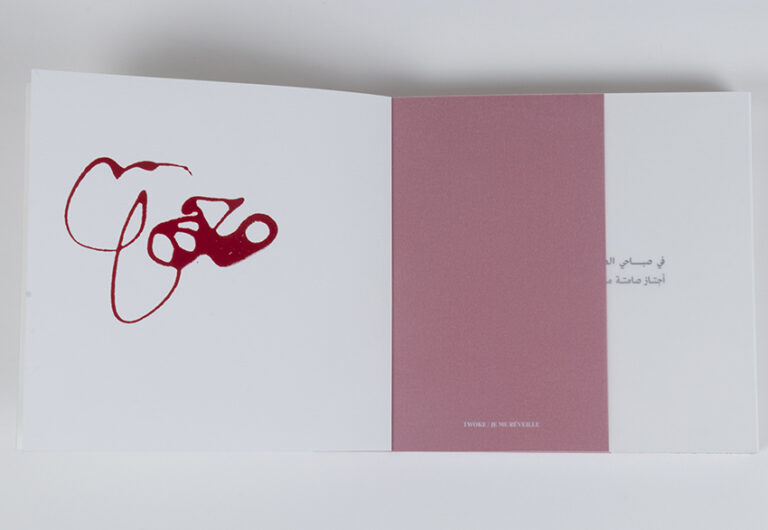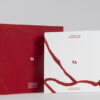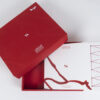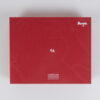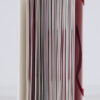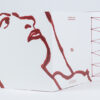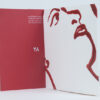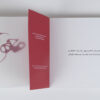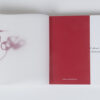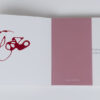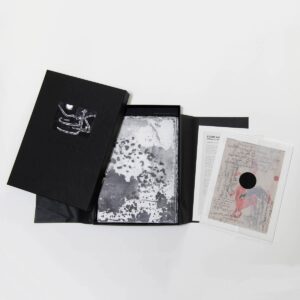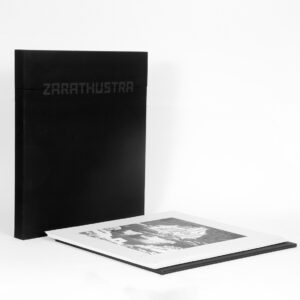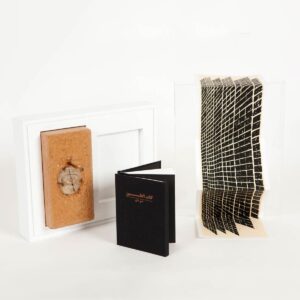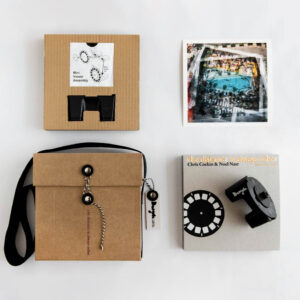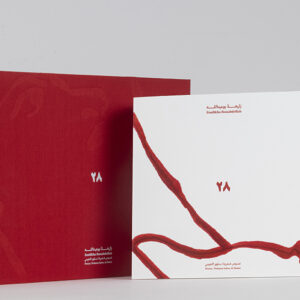ثمانية و عشرون
Zoulikha Bouabdellah
Poems by Salwa Al Neimi
ثمانية و عشرون by Zoulikha Bouabdellah
Liquid Love
The work of the Franco-Algerian artist Zoulikha Bouabdellah (1977, Moscow, lives and works in Montreal du Gers and Casablanca) unfolds on multiple supports: collages, photographs, films, installations, and drawings. Since graduating from the Ecole de Paris-Cergy in 2002, the artist has developed a powerful practice that deals with dominant archetypes and representations, particularly those of women in patriarchal culture. From the perspective of deconstructing schemas, her work probes the making of images and desire as well as the conflicts that result from it.
28 is a limited-edition artist’s book produced in collaboration with the Lebanese publishing house Dongola Limited Editions. This edition holds twenty-eight unique copies; It brings together a series of original drawings alongside poems by the Syrian author Salwa El Neimi. The editorial object can be performed: once assembled by its owner into a specific composition, the drawings form a whole, like a cut-up poster.
The linked words are written in the Arabic language; also known as “line writing” which can drift up or down depending on the meaning of the text. The drawings are a response to the dripping technique which is also known as “draining” in painting. This technique generates a tension between writing and chance. To create these drips, the artist lets the material flow onto the paper. She uses the body which is covered with skin or “original parchment”. A physical and abstract envelope, where inscriptions are representations of the first signifiers, things and symbolic words, as well as the thin layer separating the self from the outside.
In her drawings, love literally becomes liquid like the varnish of a patriarchal society erected on stereotypes and standards considered obsolete today. The twenty-eight bodies refer to the twenty-eight letters of the Arabic alphabet or to the twenty-eight days of the lunar cycle of femininity that are often considered as a gift. In opposition to the moon, the sun; the dominant star, summons the masculine and the yield.
Here, gesture painting is done using red nail polish, a symbol of desire and artificiality of the social seduction apparatus, of injury, and of crime. The fantasy of a common skin among lovers, like that of mother and child, keeps them attached and gives rise to a symbiotic dependency. The fantasy of tearing this union apart, through an unbearable separation, would then be at the origin of the narcissistic wound, the same as masochism.
Thus, the amorous sacrifice represented by Zoulikha Bouabdellah is at the heart of the whirlwind of life of which the philosopher Zygmunt Bauman speaks. The liquid society in which we navigate sees the notion of community giving way to hyper-individualism and its permanent detachment, its unbinding from the world. Impermanence becomes permanence, uncertainty becomes certainty. In Arab-Muslim culture, the body and its care (perfumes, ointments) are at the center of life, contrary to Christian dogma which refutes and hides it. Yet it is through it that there is pleasure.
Proposing to recompose a “body” of drawings, 28 works to repair through the proposed free arrangement. At a time when we are trying to adjust our relationships, both romantic and social, in a world without lasting ties, Zoulikha Bouabdellah invites us to make a connection, far from any artifice.
Agnès Violeau, February 2023.
Translated by: Sarah Fadel
About The Artists
Zoulikha Bouabdellah grew up in Algiers, moving in 1993 to France. Her installations, videos, and drawings question icons, dominant representations, motifs and ornaments by juxtaposing them to geopolitical dynamics and global issues linked to conflicts, sexuality, or the status of women. This deconstruction of views operates with a reflexion upon culture, production, and industrialisation. She has been awarded the Abraaj Capital Art Prize, the Prix Meurice pour l’Art Contemporain, and the Villa Medicis Hors les Murs. Her works are part of public and private collections in Europe, Africa, the Middle East, China, and the United States.
Salwa Al Neimi is a Syrian author and journalist whose work addresses themes often controversial in the Arab world such as female sexuality. She studied at the University of Damascus in 1975 before moving on to attend the Sorbonne in France. Her publications of short stories touch on her belief in liberation through the written word. Issues of marriage, commitment, and the restrictive nature of tradition imposed on women are explored in parallel with poems that allude to body politics and oppression.


